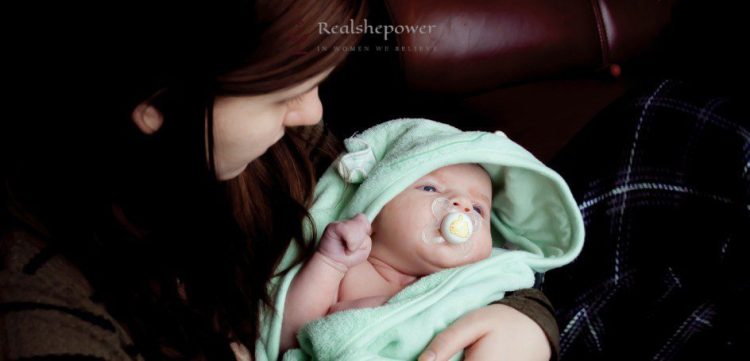Postpartum Depression: What To Expect, How To Treat It, and Why It Happens


Postpartum depression is a type of depression that can happen after you have a baby, and it’s more common than you might think. In fact, 1 out of 7 women will experience postpartum depression after giving birth. It’s important to remember that postpartum depression isn’t your fault. It can happen for many reasons, none of which are related to how good a mother you are. If you have any symptoms of postpartum depression or if your mood changes significantly from before pregnancy or your first child was born, talk to your doctor as soon as possible. There are ways to treat the symptoms and prevent the condition from getting worse over time.
In this article, we will explain what is postpartum depression, what to expect, how to treat it, and why it happens.
What is postpartum depression?
Postpartum depression is a common but serious mood disorder, particularly in the first year after giving birth. About 1 in 7 women will experience some type of postpartum mood disorder, and about half of those will have symptoms severe enough to interfere with their life. It can last for weeks or months, but for about a third of women, postpartum depression goes away on its own, and fewer than 2 per cent go on to have full-blown PPD.
Women with postpartum depression often feel very sad, anxious, overwhelmed, irritable, unable to sleep, and worried about the future. They might also have physical symptoms such as lower energy, abnormal sleep patterns, high-stress levels, or major depressive symptoms.
What does postpartum depression feel like and what are the signs?
The symptoms of postpartum depression are similar to the symptoms of a more severe form of depression except postpartum depression is a medical condition, with a distinct mood cycle.
While some women may feel relief and joy upon the birth of their baby, postpartum depression can be very hard on moms and their families. I heard over and over, “I thought it would never go away.” Here are some of the things that made me feel depressed, along with symptoms that could lead to postpartum depression:
- Fear of harming your baby
- Confusion
- Fatigue
- Trouble bonding with your baby
- Possibility of being suicidal
- Feelings of guilt
- Anger
If you have these feelings, postpartum depression is very likely the problem.
How to get help and treatment for postpartum depression
Postpartum depression needs to be treated as the serious condition that it is, according to the Mayo Clinic. And there is help and treatment available for those who need it.
The organization says that about 1 in 7 moms will have a postpartum depressive episode. For some women, these episodes last weeks or months.
It’s never too late to start the process of treatment and recovery.
Luckily, postpartum depression isn’t uncommon, but women shouldn’t feel ashamed about it.
If you think you may be experiencing postpartum depression, there are some steps you can take to get help:
1) Talk to your doctor. They will be able to diagnose the condition and help you find the best treatment plan for your needs.
2) Turn to friends and family for support. You don’t have to go through this alone!
3) Find a few small comforts in each day that will help get you through the difficult phase.
4) Practice self-care. Try getting enough sleep, eating well, exercising, and taking time to relax.
There are other resources available to help a woman get the help she needs, including someone to talk to, a supportive community, support groups, and much more.
According to the Postpartum Support International (PSI), it’s also a common reason for women who used to be content at home, to seek a new job or career.
Why postpartum depression happens
Researchers say that between 10 and 20% of women suffer from postpartum depression. But most women don’t notice that they are depressed until several months after the birth of their baby.
For some, there may not be an obvious reason that they are feeling so sad. But some women feel extreme guilt, hopelessness, or worthlessness, and many also have trouble sleeping, being unable to get out of bed, or losing all interest in activities.
Adrienne Smith, a licensed psychotherapist and author of “For You Too: The Hormone Connection, A Guide to Healing After Postpartum Depression,” says, “More women are also experiencing chemical imbalances that come with postpartum depression, and the hormonal changes they experience are far beyond a woman’s control.”
Written by Aparna V. Keshav, Dominic and Nivedita
